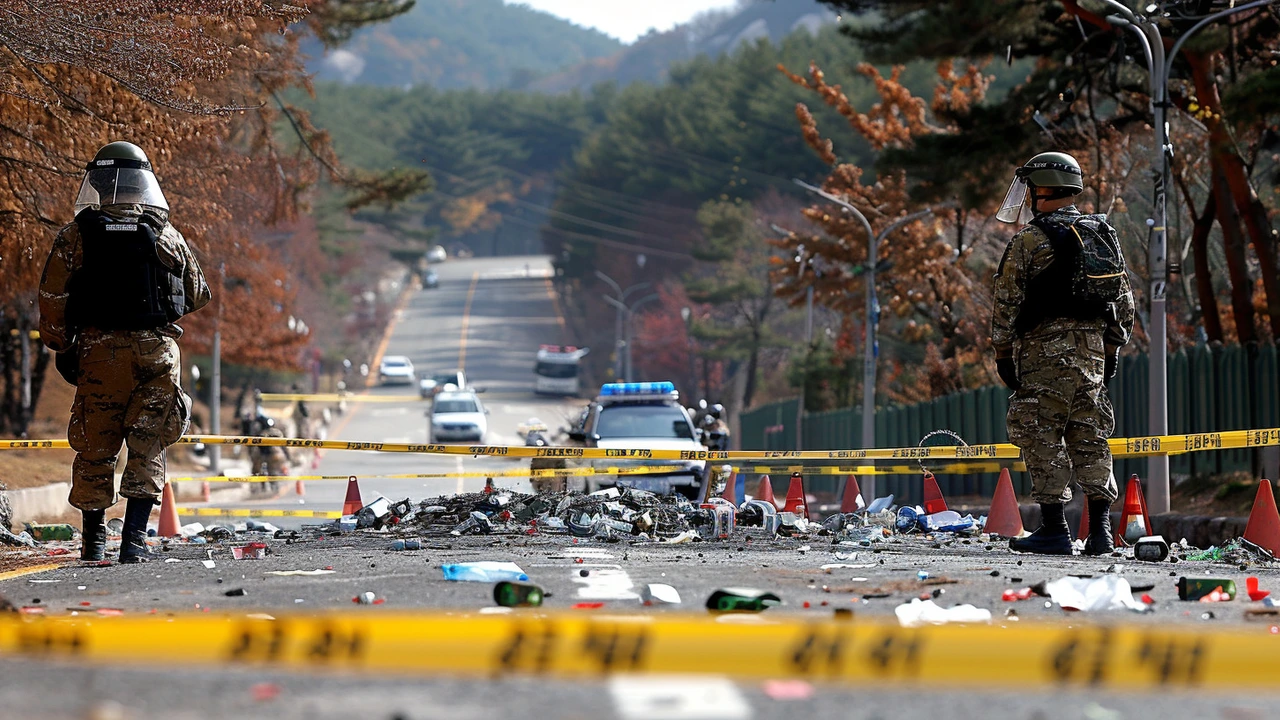Military Agreement: What African Readers Should Watch
Military agreements shape who protects who, where forces operate, and how arms and training move across borders. If a foreign base, training deal, or weapons sale is announced, the effects show up fast — on local security, on politics, and on everyday budgets.
Start by knowing the type of agreement. A basing agreement lets foreign troops station equipment and personnel in a country. A defence pact promises mutual support if one party is attacked. Training and logistics deals focus on skills and supply lines. Arms contracts are commercial but often come with political strings.
Ask two simple questions when you read a headline: who benefits, and who decides? Benefit can mean faster response to an insurgency, better pilots, or new jobs. But benefits can also favor the foreign partner or a small political circle. Decision matters because some deals need parliamentary approval, while others are signed by a single minister.
Watch the legal steps. A genuine military agreement usually passes through legal review, public debate, and budget scrutiny. If a pact appears through an executive declaration without debate, expect protests or court challenges. Civil society groups and opposition parties often push for transparency — follow their statements.
Pay attention to local impacts. Bases and troop movements change traffic, land use, and local economies. They can bring construction contracts, but also noise, restricted zones, or land disputes. Communities near bases may gain jobs, or they may lose grazing and farming land. Local voices matter; check local news and community reports.
How to track a deal
Use official sources first: defence ministry releases, parliamentary records, and government gazettes. Then read watchdog reports from NGOs and regional bodies like the African Union. International partners often publish fact sheets or memorandums — these clarify timelines, troop numbers, and legal terms.
Why it matters for you
Satellite images, procurement notices, and shipping logs can confirm activity on the ground. If you spot construction at a port or airfield, that can mean a new logistics hub. Open-source tools and social media posts from local journalists are useful, but verify before sharing.
Military agreements affect budgets, foreign policy, and daily life. They can change migration routes, influence trade security, and shape who gets priority in crisis response. For voters, they signal which partners a government trusts. For businesses, they shift investment risks and opportunities.
Daily Africa Global News will track key military agreements across the continent, flagging who signs what, the legal steps, and local effects. If you want timely updates, look for official texts, parliamentary debates, and independent watchdog analysis. Ask questions, demand transparency, and follow local reporting — that’s the best way to understand what a military agreement really means for your community.
Want alerts? Follow defence ministry feeds, independent reporters, and local council pages. Subscribe to parliamentary trackers and NGO newsletters. Share verified documents, not memes. When in doubt, ask journalists for sources. Small checks save confusion and help communities hold leaders accountable in the long run.

South Korea Suspends 2018 Military Accord Amid North Korea Balloon Campaign
South Korea’s National Security Council has decided to fully suspend its 2018 military agreement with North Korea due to recent provocations involving hundreds of balloons carrying unsanitary items from the North. This move marks a significant step as tensions between the two nations escalate.